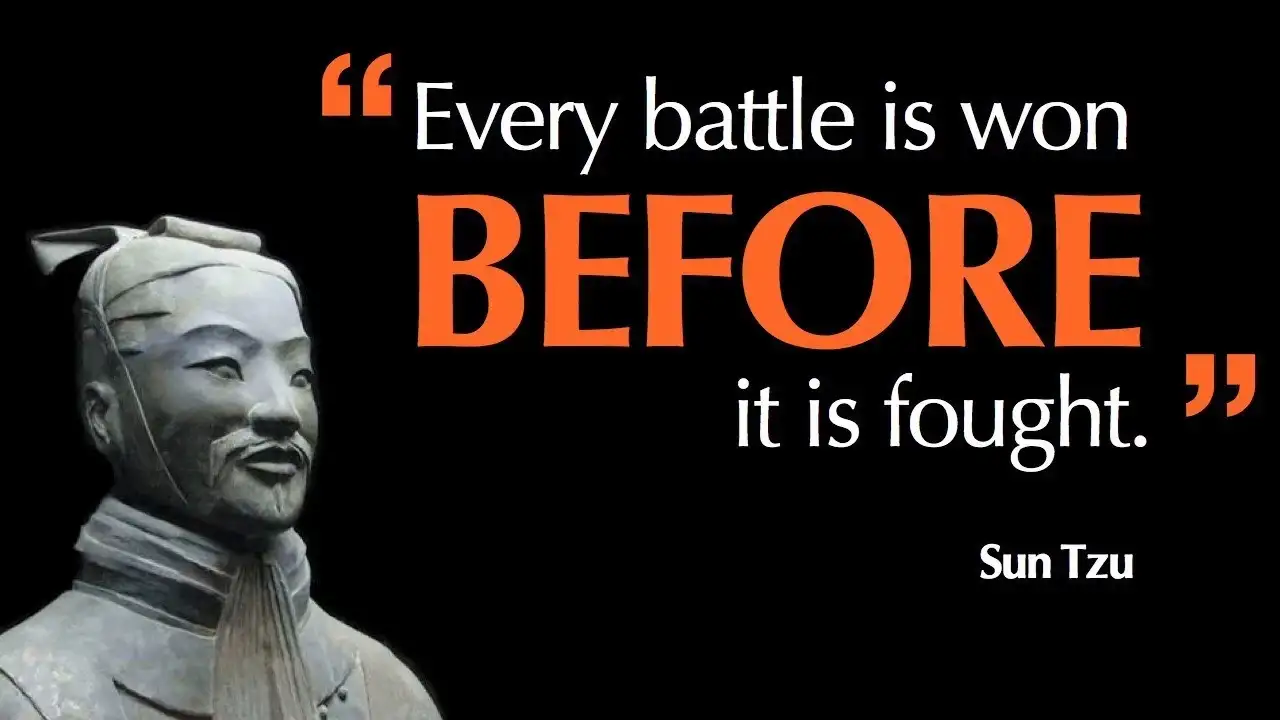One of the most valuable skills anyone can have is the ability to present. Whether you’re an engineer presenting a design proposal, a sales rep pitching a product, or a leader providing their plans, the ability to present your ideas and convey knowledge is paramount.
In my career, I’ve participated in many presentations, some good and some not so much. This series of posts aims to provide lessons learned and tips you can follow to help you become a better presenter.

Basics
These tips work across all different types of presentations/demos:
Understand your audience
This should go without saying, but the importance of this is paramount. This is likely the single most important item when it comes to effectively delivering a presentation.
Key items:
- One of the more critical items is understanding who the other people in the “room” are
- The better you understand the audience the more you can tailor your content and make it appeal to them
- Do your homework
- If you know who you’re speaking with, do some research and try to learn more about them
- Are they technical/non-technical?
- What are their interests? Professionally? Personally?
- What do they focus on?
- What do they post about?
- The more intel you can get the better as it allows you to be prepared
- For scenarios where you don’t know the audience, asking questions can help you gather context (if the correct audience size as mentioned below)
- The key here is to align your pitch with their interests, pain-points and level speak (language they speak)
- There’s nothing worse than seeing a marketing fluff pitch to a technical crowd or vice versa
Prepare
Now the level of preparation will vary based upon who you’re talking to, what type of presentation you’re giving (keynotes vs. 1:1 are very different) and how comfortable you are with the “pitch”. For some smaller setting presentations and demos I would sometimes just “wing it”; however, this is after probably doing them 1,000+ times. For keynotes, I would sometimes take weeks or months to prepare.
Key items:
- Keep the content clean and concise
- Embrace the essential use of visuals and negate bullet overload
- Keep points concise
- Do not overload with too much content; focus is key
- Practice
- No matter how well you know the content, there will always be things that can trip you up
- Practice starting from different parts
- Many people just practice from start to finish; however, that is risky as there are always unexpected interruptions
- You’ll need to be able to get back to the flow without starting over
- By practicing starting at various points you train your brain to get back to the current point as quickly as possible
- Write things down
- Highlight talking points and focus areas
- This will also help with repeatability and enable others to do as well
Establish Trust
Trust and credibility are one of the most valuable things in establishing a relationship with the customer and/or prospect. Follow through on what you say and don’t be afraid to say ‘no’. Surprising to some, but saying ‘no’ and being honest and up-front about things can go a long way.
Take the following example, someone says their product can do x,y,z so you take their word for it and take the plunge. Now, upon further inspection, you find out that it actually can really do x and y but not z? What would you be feeling? A little bit oversold? Misguided? Taken advantage of?
Now, what if the person had been honest and said that only x and y were available now and z is something that may be planned or may not be in the future but they would talk to the team about it?
Don’t oversell. Honesty is the most valuable asset in establishing credibility and trust.
TL;DR
- Understand your audience
- Make it personal
- Make it relatable
- What pain points do they have?
- Have a well defined flow
- Structure is key
- Have a clear introduction, body and conclusion / takeaways
- Reiterate key takeaways
- Keep content simple
- No, this doesn’t mean it can’t be complex, but needs to be concise
- Less is more here
- Keep the points concise
- Engage where appropriate
- Interaction can be your friend for smaller audiences
Learn More
Other posts in this series:





